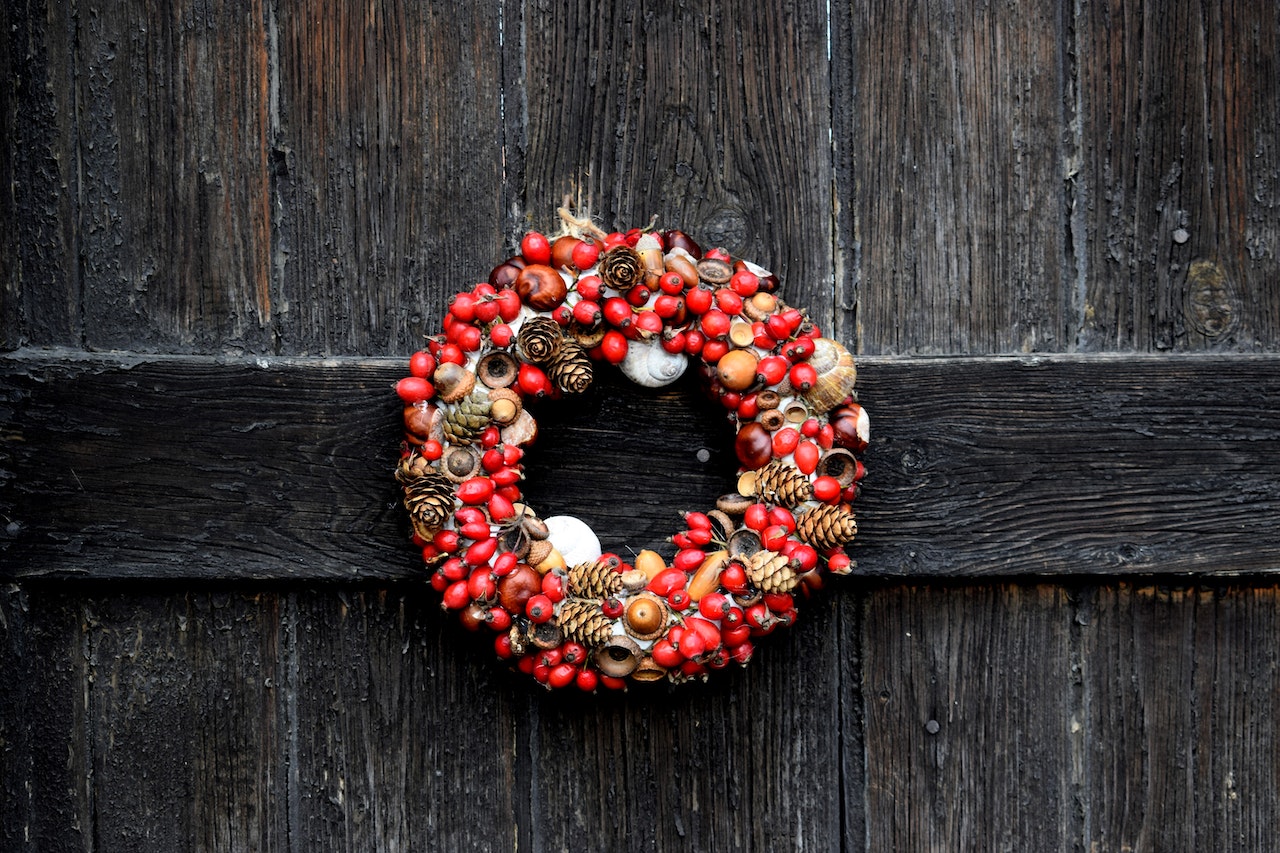As the holiday season approaches, we often find ourselves feeling more altruistic than ever before. It is a time of year when we are encouraged to give to those in need, to show kindness to strangers, and to celebrate the joy of generosity. But where does this impulse to give come from, and what are the rewards of practicing altruism during the holidays?

The Evolution of Altruism: Examining Our Innate Need to Help Others
The roots of altruism can be traced back to our evolutionary past. Humans are social animals, and our survival and success as a species have often depended on our ability to work together and to help one another. Studies have shown that acts of kindness and cooperation activate reward centers in the brain, suggesting that the impulse to give is deeply ingrained in our biology.
But altruism is not just a biological imperative. It is also a cultural practice. The holiday season is a time when many cultures around the world place a special emphasis on giving and sharing. From the Christian tradition of Christmas, to the Jewish festival of Hanukkah, to the Hindu festival of Diwali, many holidays during this time of year celebrate the joy of giving and the importance of generosity.
The Surprising Benefits of Giving: How Altruism Affects Our Health and Happiness
The rewards of practicing altruism during the holidays are numerous. For one, giving to others can be a source of personal satisfaction and happiness. Studies have shown that people who engage in acts of kindness, such as volunteering or donating to charity, report higher levels of well-being and life satisfaction than those who do not.
Giving can also help us to connect with others and strengthen our social bonds. When we give to others, we demonstrate that we care about their well-being and that we are invested in their happiness. This can help to build trust and intimacy in our relationships, and it can contribute to a greater sense of community and belonging.
Of course, there are also benefits to the recipients of our generosity. The holidays can be a difficult time of year for many people, particularly those who are struggling financially, emotionally, or socially. By giving to others, we can help to alleviate some of the stress and hardship that people may be experiencing during this time.
Moreover, providing support and assistance to others can help to foster a sense of empowerment and agency. For people who may feel marginalized or powerless in their lives, receiving help and support from others can be an affirming and validating experience. It can help to build resilience and self-esteem, and it can encourage people to take positive steps towards improving their own lives.
In short, the holiday season is a time when we can tap into our innate sense of altruism and use it to make a positive difference in the world. Whether it is through donating to charity, volunteering at a local shelter, or simply showing kindness to those around us, there are countless ways to practice generosity and compassion during this time of year.
So as you prepare for the holiday season, consider how you might be able to give back to your community and to those in need. Remember that even small acts of kindness can have a profound impact on the lives of others, and that the rewards of practicing altruism are many. Above all, let the spirit of generosity and compassion guide you as you celebrate the joy of the season.
